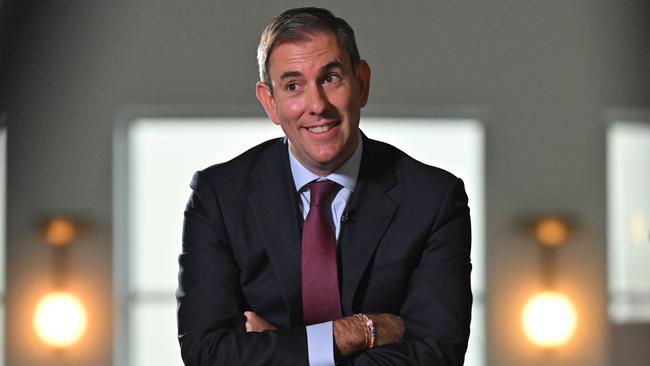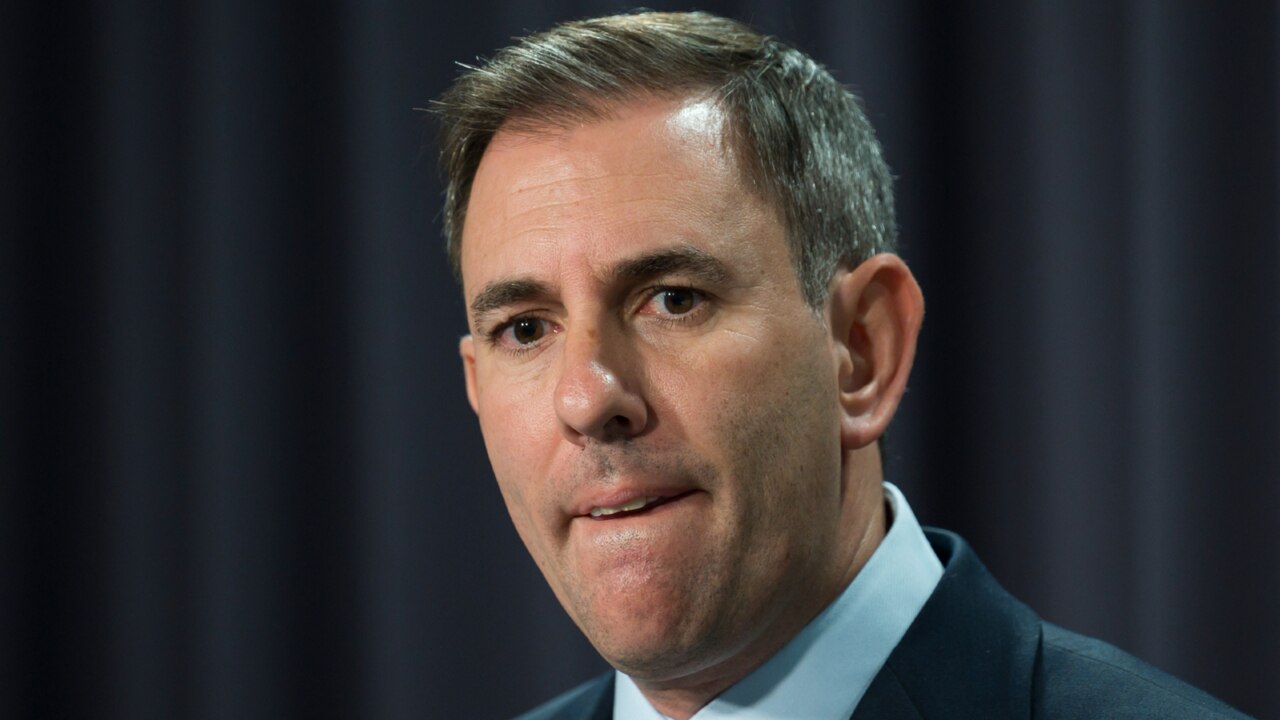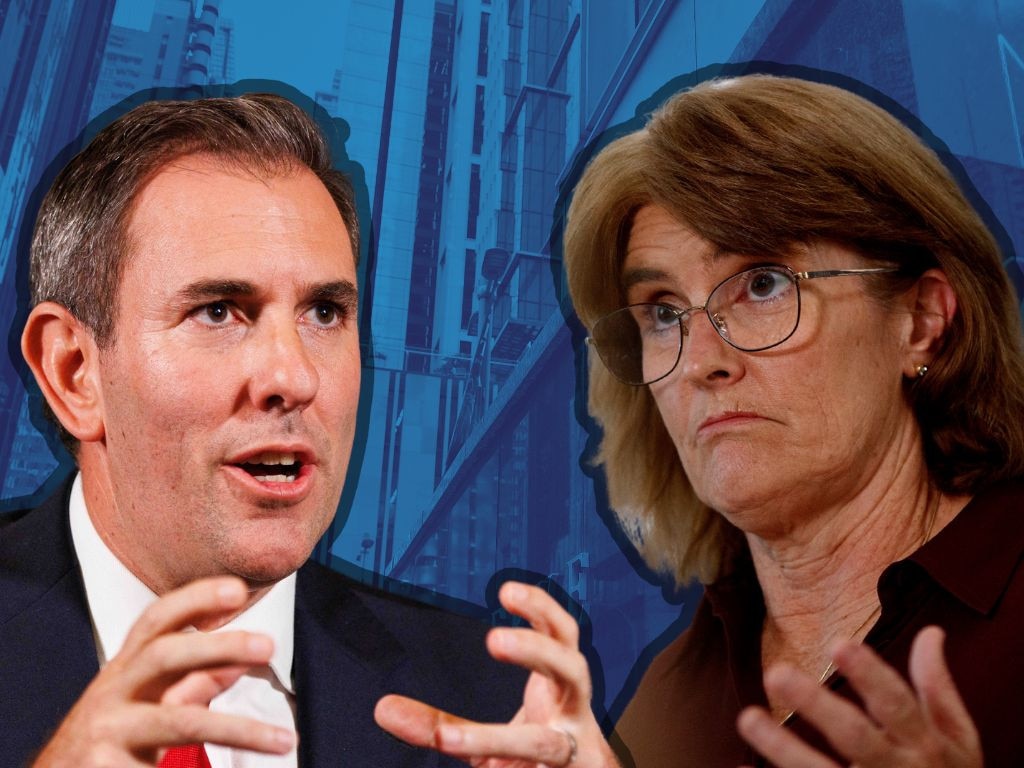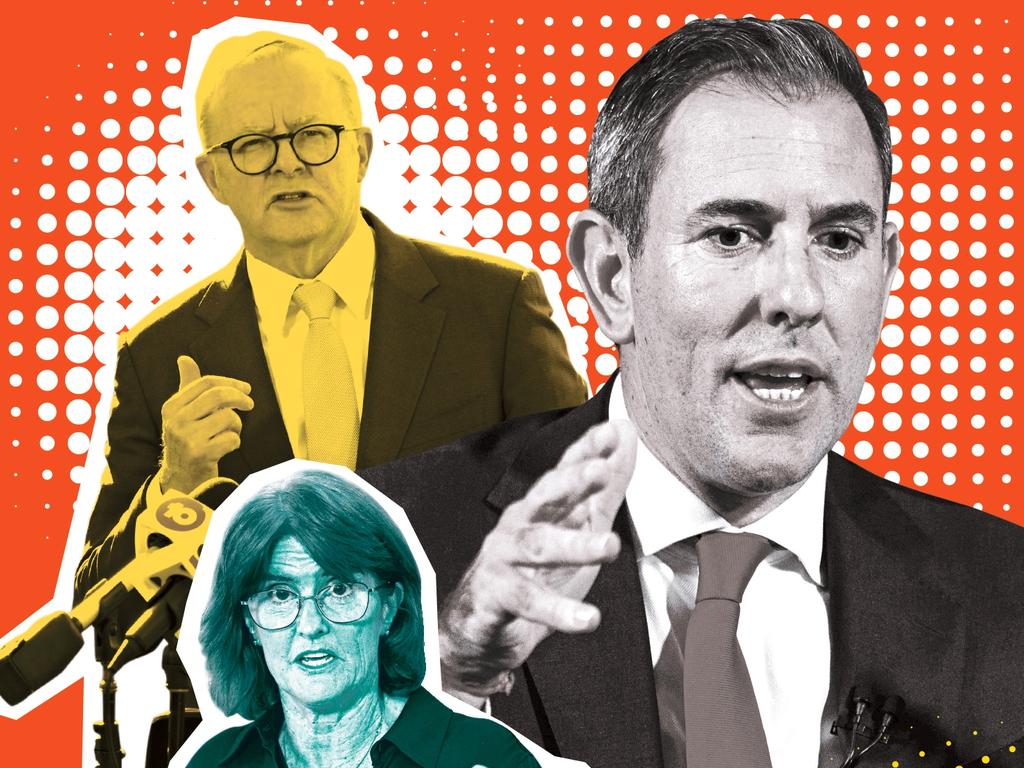Economists say budget should offset spending or risk fuelling inflation
Renewed warning about the need for fiscal restraint and budget repair come as Jim Chalmers flags Tuesday’s budget will include billions of dollars in more cost of living relief.

A leading economist has called on the government to offset any new spending with savings over the coming 12 months or risk fanning inflation, as Jim Chalmers on Sunday flagged “billions of dollars in extra assistance” for households struggling with cost of living.
EY chief economist Cherelle Murphy joined other top experts in calling on the Treasurer to do more in Tuesday’s budget to tackle the structural deficit and “accelerate the pace of policy reform to help boost our flailing productivity”.
“With inflation outside the Reserve Bank’s target band, the government cannot afford to let fiscal discipline slip,” Ms Murphy said.
“This is especially so given $23 billion of tax cuts are already locked and loaded, additional spending has been announced for housing, and state governments are providing billions of dollars in household handouts too,” Ms Murphy said.
Dr Chalmers on Sunday again flagged additional support for families struggling to pay bills, saying “we’ve shown a willingness in the past to take the edge off electricity bills and rent in previous budgets”.

“The cost‑of‑living relief in this budget won’t be identical to what we’ve seen in the past, but it will be substantial, and it will be in addition to that tax cut for every taxpayer,” he said.
With the budget set to include a multi-billion dollar provision towards major wage increases for early childhood educators and aged care workers, Ms Murphy said “the government’s pre-announced policy decisions have been heavily weighted to spending rather than saving, thwarting the task of tightening the structural budget deficit”.
“Considerable heavy lifting will be required to balance this new spending with savings in the budget,” she said.
After Reserve Bank governor Michele Bullock last week put rate hikes back on the agenda amid fears inflation was not dropping as quickly as hoped, Dr Chalmers has said cost of living measures in Tuesday’s budget would help the RBA by lowering consumer prices.
Taxpayer-funded energy bill relief, boosted childcare subsidies and additional 15 per cent in rental assistance have reduced inflation by half a percentage point in the year to March, according to the Australian Bureau of Statistics, although some experts believe the money is simply spent elsewhere in the economy in less directly measurable ways.

NAB chief economist Alan Oster said there was “not a lot of willingness to reduce spending”, but that barring any major new initiatives — and despite an expected deterioration in the structural budget deficit — the government was broadly getting the balance right between supporting households and fiscal restraint.
Mr Oster downplayed the impact of the upcoming tax cuts, saying a recent NAB survey suggested more than half of taxpayers planned to use the extra cash to pay down debt or boost savings.
Mr Oster also agreed that cost of living measures, such as energy rebates and boosted rent assistance, would effectively lower the measured rate of inflation.
“It’s not a permanent solution, but I think really they are just trying to keep these big (consumer price) increases away for six months and then let the economy do its thing,” he said.
“We are slightly more worried than they are about the economy, which we think is flatlining at present. Our forecast still has 0.2 per cent (real GDP growth rate) for this quarter, and that’s with serious downside risk. And April was not a great month for retail.”
Mr Oster said his budget wish list would include a broad-based GST at a higher rate, labour market reforms and more effort to address the nation’s productivity performance.
Dr Chalmers has ruled out changes to taxes on housing investment, such as negative gearing, but said “there will be tax reform”.
“There’ll be income tax reform (via the stage 3 income tax changes), and there’ll be some additional measures as well which recognise that the tax system can be a good way to incentivise the kind of private investment that we want to see in the future of our economy and in a future made in Australia,” he recently said.

But Bob Breunig, the director of the ANU’s Tax and Transfer Policy Institute, said new historical analysis undertaken by him and his colleagues in an unpublished study showed tax incentives for businesses have generally not proven effective.
“The evidence in Australia is that depreciation allowances and tax incentives for business investment generally don’t work, and when they have worked has been where there has been a big shock, like the global financial crisis,” Professor Breunig said.
“In those periods there’s a bunch of slack in the economy, a bunch of money not being invested, and a bunch of people not working. That is clearly not the case now. Where will we get the extra workers - from the people who are not building houses, and not working in childcare centres? You boost one industry and aggravate shortages in another,” he said.
Professor Breunig said if broad reform was considered too politically difficult, then the government should focus on one area of tax, such as creating a single, federal land tax, where the revenue is passed back to the states in exchange for removing economically damaging stamp duties.
The Commonwealth could provide a no-worse-off guarantee to states for seven years to get their support, he said.
“Spending the surplus to get tax reform is better than subsidies for industries, because it provides long-lasting benefits,” he said.






To join the conversation, please log in. Don't have an account? Register
Join the conversation, you are commenting as Logout